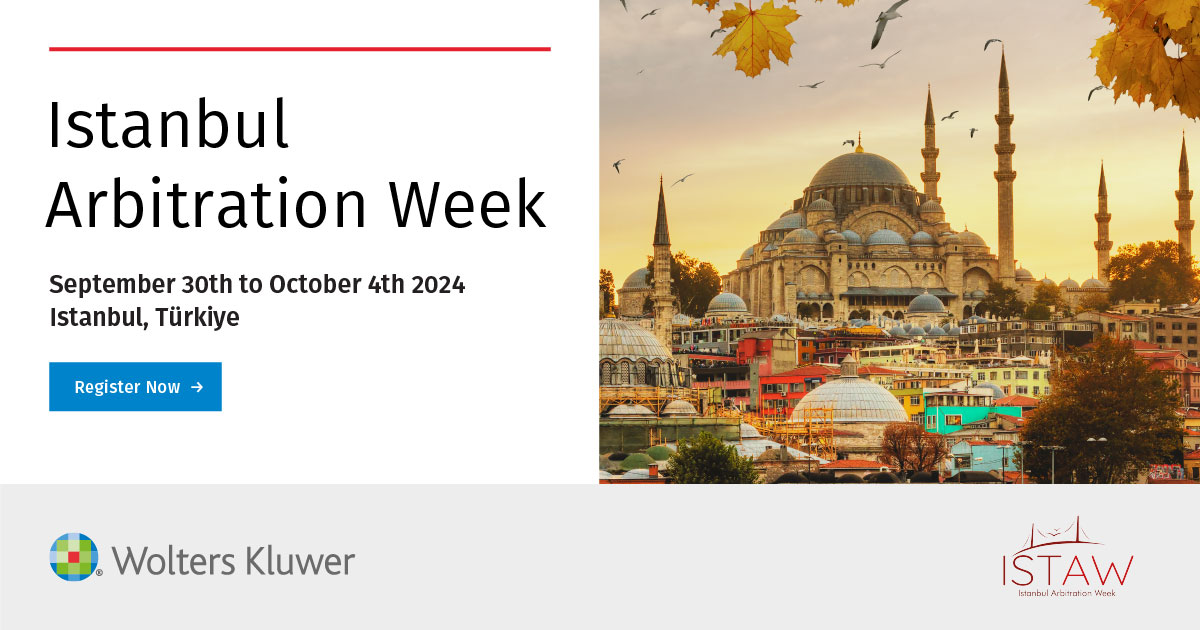The theme of this year’s ICCA Congress is ‘Evolution and Adaptation: The Future of International Arbitration.’ Central to this theme was the topic of the First Plenary Session -‘Law-Making in International Arbitration: What Legitimacy Challenges Lie Ahead?’ The timing of such a discussion is apt given the Court of Justice of the European Union’s decision in Slovak Republic v. Achmea BV (Achmea). Stephan Schill (University of Amsterdam) moderated the discussion. The panel comprised of Sundaresh Menon (Singapore Supreme Court), Alexis Mourre (ICC International Court of Arbitration), Lucy Reed (National University of Singapore) and Thomas Schultz (King’s College London).
Thomas Schultz considered the concept of ‘legitimacy’ in this international arbitration context, noting that it ought to be viewed from the perspective of key actors (such as arbitrators and arbitration institutions) who have the ability to influence law-making.
Lucy Reed examined the role of the arbitrator and the extent to which it involves legitimate ‘law-making.’ Professor Reed noted the distinction between the role played by an arbitrator in general commercial arbitrations, in certain specialised arbitral tribunals (such as the Court of Arbitration for Sport and the Iran-US Claims Tribunal) and finally in the context of investor-state arbitrations. The legitimacy of arbitrator law-making in this final scenario (arbitrators determining investor-state arbitrations) is particularly topical in the current climate given decisions such as Achmea and the negotiation and signing of the Comprehensive and Progressive Agreement for Trans-Pacific Partnership.
Alexis Mourre focussed on the role played by arbitral institutions and bodies in rule-making, in particular with regard to ‘arbitration procedure.’ Arbitration cannot exist in a vacuum and the contribution made by these institutions and bodies is fundamental. One only needs to consider widely adopted instruments such as the IBA Rules on the Taking of Evidence in International Arbitration and the IBA Guidelines on Conflicts of Interests in International Arbitration. Legitimacy can be established in this context by ‘cross-fertilisation’ within the arbitration community and the existence of a ‘decentralised and horizontal rule-making process.’
Finally, Chief Justice Sundaresh Menon considered the ‘law-making’ role played by other public actors, in particular domestic legislatures, domestic courts and international organisations. In a climate where a less interventionist approach by these bodies can be called for the important and essential role played by them can be overlooked. Chief Justice Menon refers to the ‘high watermark’ being the development of the New York Convention on the Recognition and Enforcement of Foreign Arbitral Awards and the Model Law on International Commercial Arbitration.
Note: The ICCA Sydney conference papers prepared by the panelists will be published in the ICCA Congress Series No. 20. This Post is intended to provide only an overview of a detailed discussion of a complex topic.
To make sure you do not miss out on regular updates on the Kluwer Arbitration Blog, please subscribe here.
________________________
To make sure you do not miss out on regular updates from the Kluwer Arbitration Blog, please subscribe here. To submit a proposal for a blog post, please consult our Editorial Guidelines.


